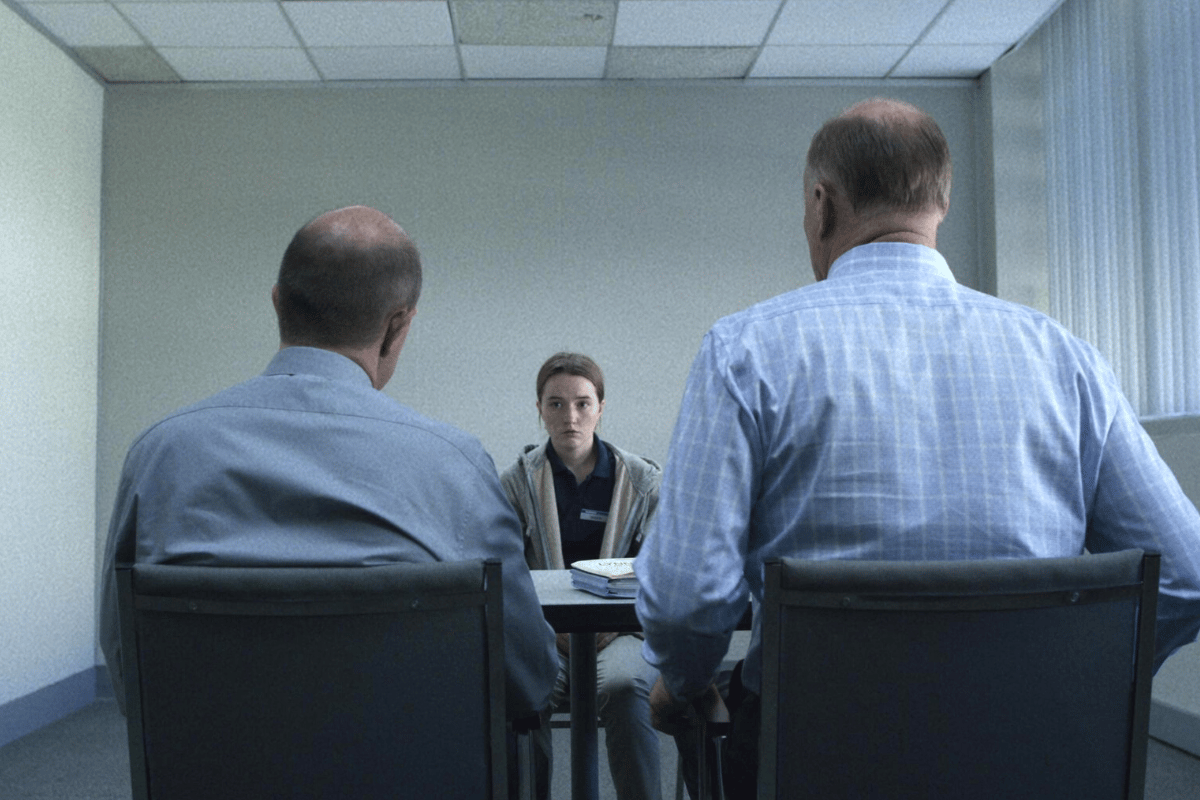
Navigating the difficult terrain of reporting sexual assault can be a lonely experience for victim-survivors.
There's stigma and often a lack of support. Plus, there are the logistical challenges of not knowing where to begin or where it ends. It's likely for these reasons why only 10 per cent of sexual assaults are typically reported. We've even seen this reflected in pop culture as well, take for example Netflix's Unbelieveable (as pictured in this article).
But the system is slowly changing. Advocates and experts in the field are calling for reform - hoping to change the outcome for victim-survivors everywhere.
For Sarah Rosenberg, it's personal. From her perspective and many others, the system and processes of communication need a complete overhaul.
"Often there's a lack of capacity, stretched resources - particularly in regional or disadvantaged areas," she says. "But when someone works up the courage to say what happened to them, we need to listen."
Watch: Breaking the silence - reporting historical sexual assault. Story continues below.





























































































